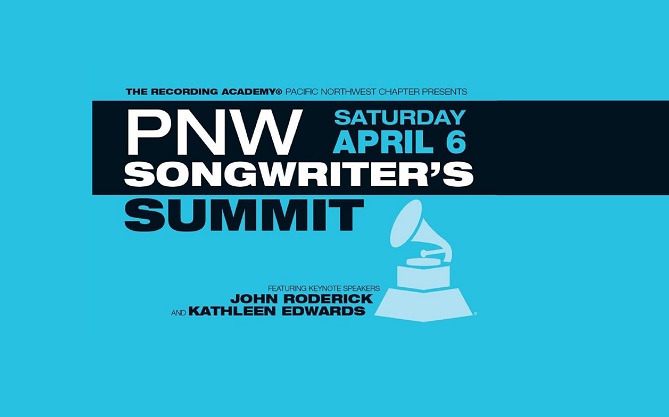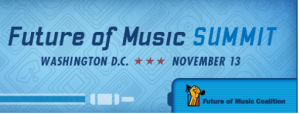You’ve probably heard people talk about how if you’re “serious about your music career” you should move to Nashville or LA.
I’ve been thinking lately, however, about what makes my hometown of Seattle such a great incubator for talented musicians.
It’s not just the recent blockbuster success of (multi-category) Grammy winners Macklemore and Ryan Lewis. A lot of really great music and music production has come out of Seattle over the years. From the Kingsmen and Bing Crosby to Jimi Hendrix, the Sonics, Quincy Jones, Heart, Nirvana, Soundgarden, Pearl Jam, Alice in Chains, Queensryche, Mudhoney, Tingstad and Rumble, Sir Mix-A-Lot, Danny O’Keefe, Alice Stuart, and Kenny G all the way to current success stories like The Head and The Heart, Brandi Carlile, Blue Scholars, Shabbaz Palaces, Allen Stone, Kris Orlowski and Shelby Earl. (I’m not even counting Dave Matthews, although he does live here.)
Here are some of the special things about the Emerald City which make it a better environment than Nashville or LA in which to nurture a music career:




